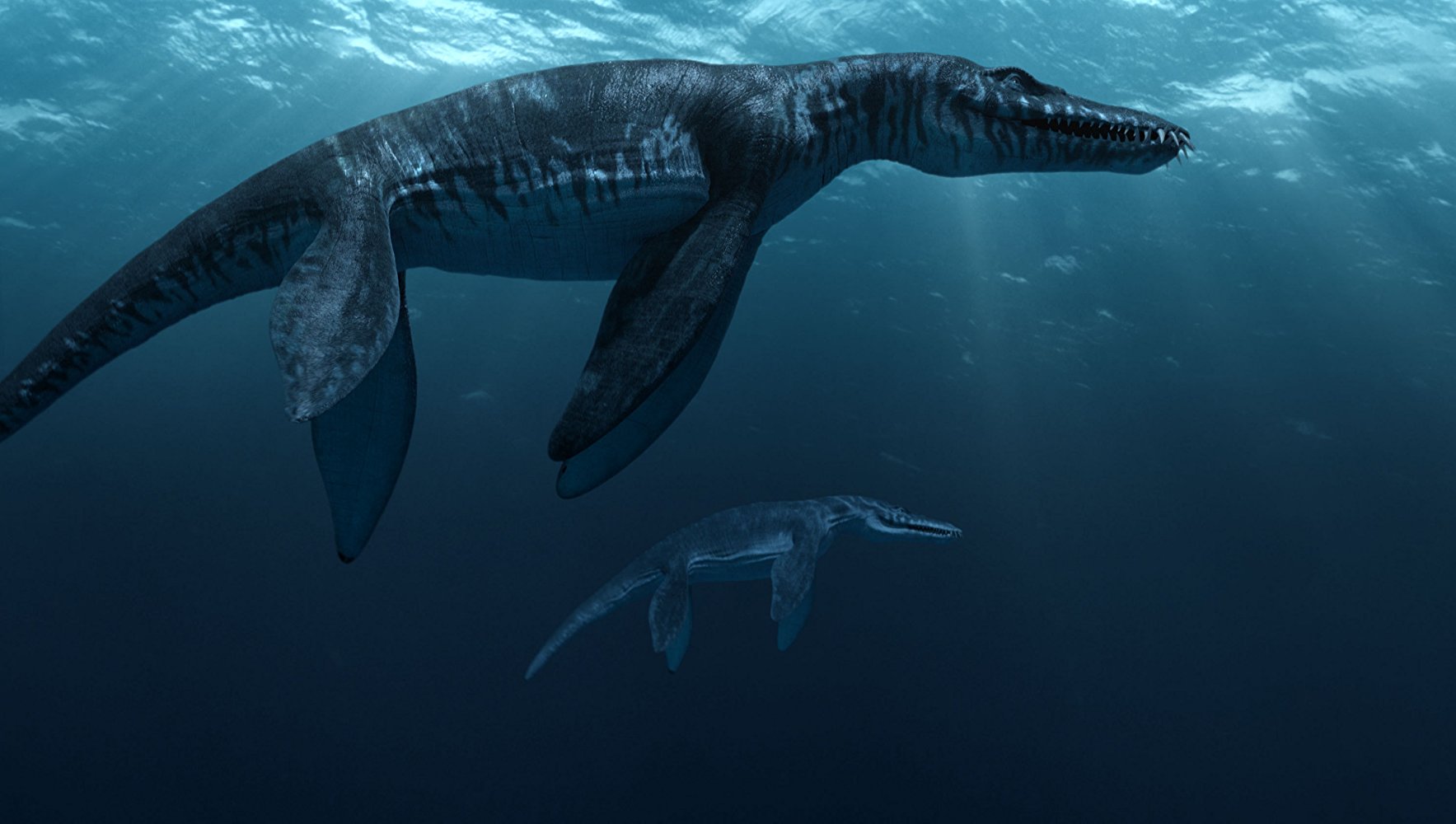

Intact males are at higher risk for prostate disease. Intact females are prone to infections in the uterus and cancer of the breast tissue. If your dog or cat was not spayed or neutered earlier in life, problems may occur as he or she gets older.

They produce less of the hormones needed to maintain normal body temperature. They may sleep more, lose housetraining, become disinterested in their environment, vocalize and experience other changes.Īs your pets age, they become more susceptible to extremes in temperature. Mature pets may seem confused or disoriented. There is an actual drop in the weight of the brain and the way it processes information. Obese dogs and cats are at risk.Īging in both people and pets may cause changes within the brain. Stools will become less frequent and your pet may display straining. Teeth can abscess, resulting in swelling and pain.Īs pets age, they tend to become less active and more prone to constipation. Severe tooth and gum disease can cause your pet to stop eating their food and may cause an infection that can spread to other organs. Wellness testing helps detect early stages of kidney disease and nutritional management can help delay progression. Mature pets have more problems with urinary tract infections and some older dogs develop urinary incontinence. The pet may lose its appetite, vomit or become sluggish. The first sigh of kidney problems may be a pet that drinks more and urinates more. Cats with heart disease are often reclusive and may open mouth breathe if stressed. They may cough, wheeze, pant more and seem short of breath with activity. Mature pets are more likely to develop heart murmurs and lung problems. Be sure to tell your veterinarian about any lumps or bumps you notice while petting/grooming your pet.
#Body water animal age skin
Skin and coat changes may be indicative of underlying disease, which wellness testing helps detect. This is a particular concern in cats, where their sense of smell is critical to their appetite. It is important not to startle pets while they are resting or sleeping. This tends to be very gradual in the aging dog or cat. For example, hypertension can affect the eyes: cataracts may be due to diabetes. Treatment is easy if diagnosis is made early! Eye changes may be a clue to disease elsewhere in the body. A decrease in total body water – mature pets are prone to becoming dehydrated.Įye changes often begin around 7-8 years of life senile or age-related cataract formation is common in pets older than 12 years dry eyes from lack of tear production may cause abnormal discharge to build up in the corner of the eyes, which can damage the cornea.A decrease in the amount of lean body tissue you may notice the loss of muscle mass, especially in the face of many older pets.Learn to check the body condition score of your pet and help them maintain an ideal weight. Obese dogs and cats tend to live shorter lives. Older obese cats are more likely to develop diabetes. They are more likely to have heart and lung problems, joint problems and are an anesthetic risk. An increase in body fat – obesity is unhealthy at any age but is a particular concern with older pets.Slowing metabolic rate and activity level can result in: Here are some changes to be aware of as your pet gets older: To improve or maintain the quality of life for pets over 7 years old, it is important to recognize problems early and to manage any issues with appropriate veterinary care, nutrition and exercise. To better understand your pet’s health status, begin proactive wellness testing at 7 years of age. It has been determined that the age at which pets enter their mature or geriatric years is based on the pet’s body weight and can be influenced by their, size, breed, nutritional status, and disease status. After that time, each year of a pet’s life is equal to about 4 years of human life. Their development to adulthood takes place over a period of 18-24 months.

Dogs and cats age much quicker than people.


 0 kommentar(er)
0 kommentar(er)
